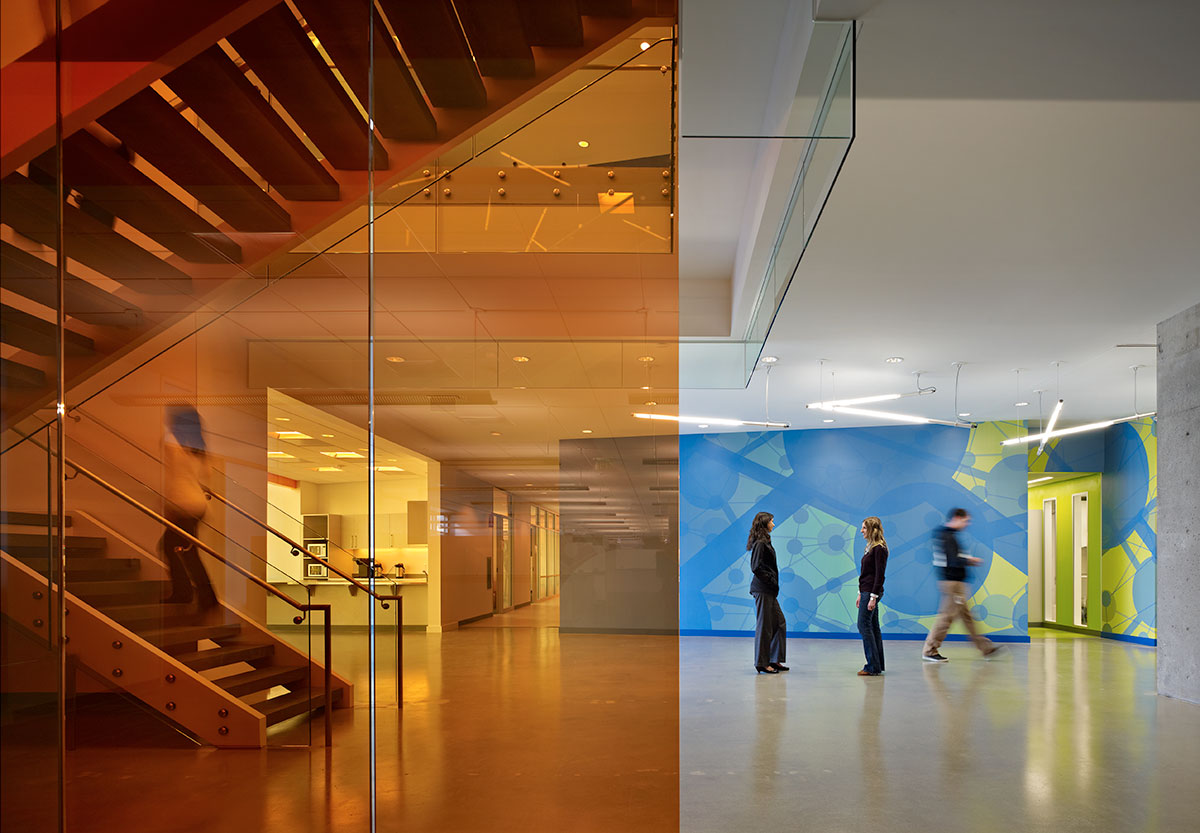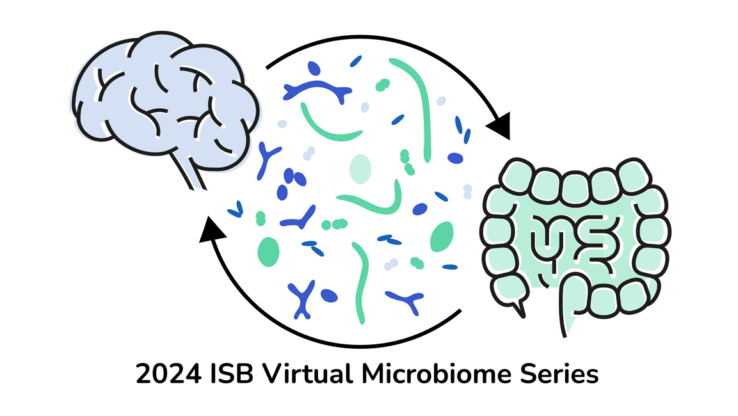James Johnson Joins the Lab
 gibbons.isbscience.org/news/2020/09/21/james-johnson-joins-the-lab/
gibbons.isbscience.org/news/2020/09/21/james-johnson-joins-the-lab/
James Johnson joins the lab as a bioengineering PhD student at the University of Washington (UW). James earned his BS in Chemical Engineering from Texas A&M University. After graduating, he took a job as an R&D Associate Engineer at PepsiCo. After three years of applied science and engineering at PepsiCo, James decided to apply to the Bioengineering PhD program at UW in Seattle so that he could return to working on clinically impactful research.
James’ current research is at the intersection of computational systems biology, the human gut microbiome, aging, and Alzheimer’s disease. In particular, he is interested in understanding how bile acid metabolism (and other microbial metabolic pathways) may contribute to the etiology of neurodegenerative diseases. He will combine computer science, biochemistry, and engineering to answer questions at the nexus of microbial ecology, human health, scientific wellness, and age-related disease.
James was raised in Texas. When he’s not researching and studying, he enjoys drawing and painting, cooking, trying new food and music, traveling outside the country, walking around beautiful Seattle, and spending time with his family and friends.






